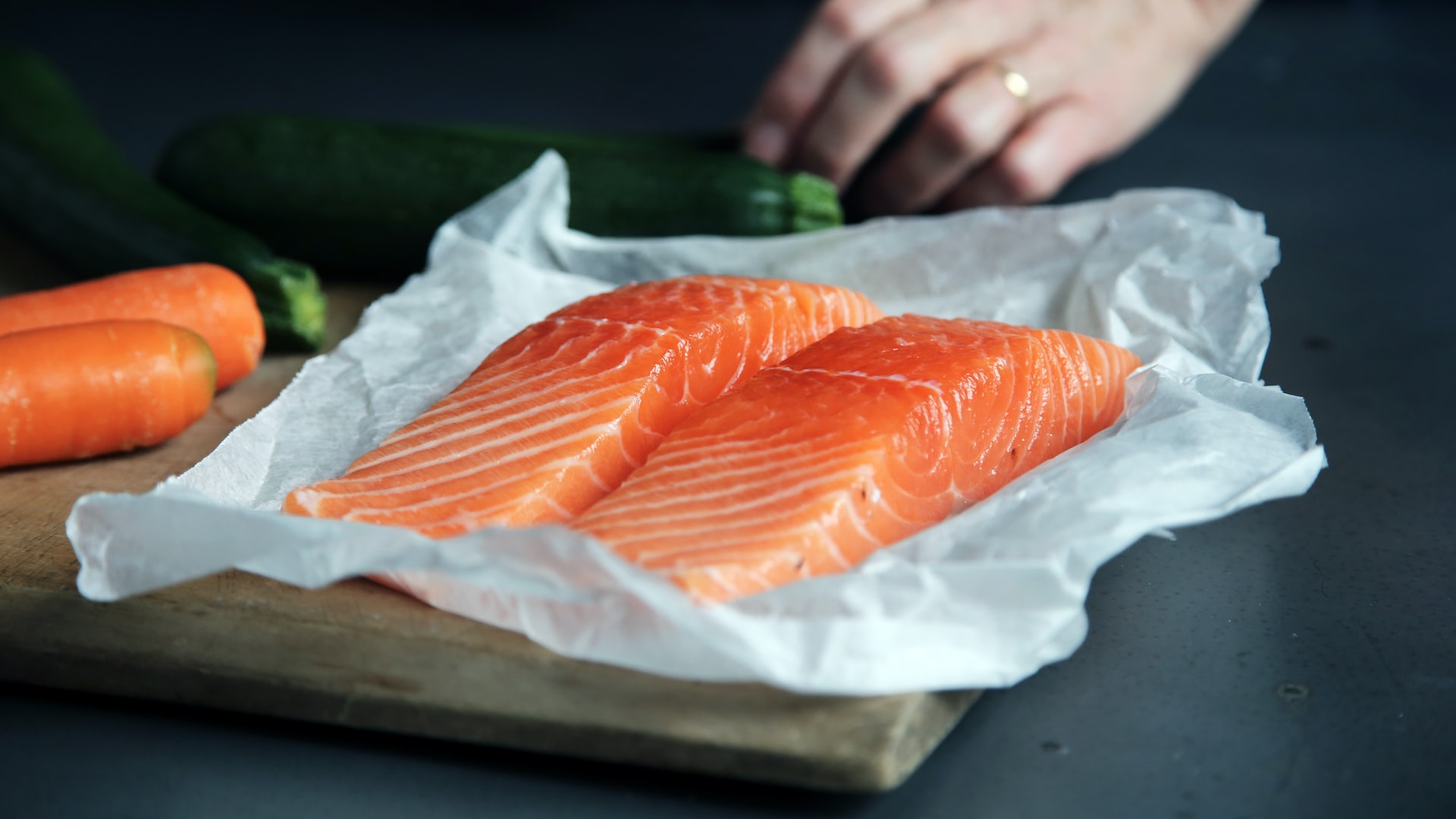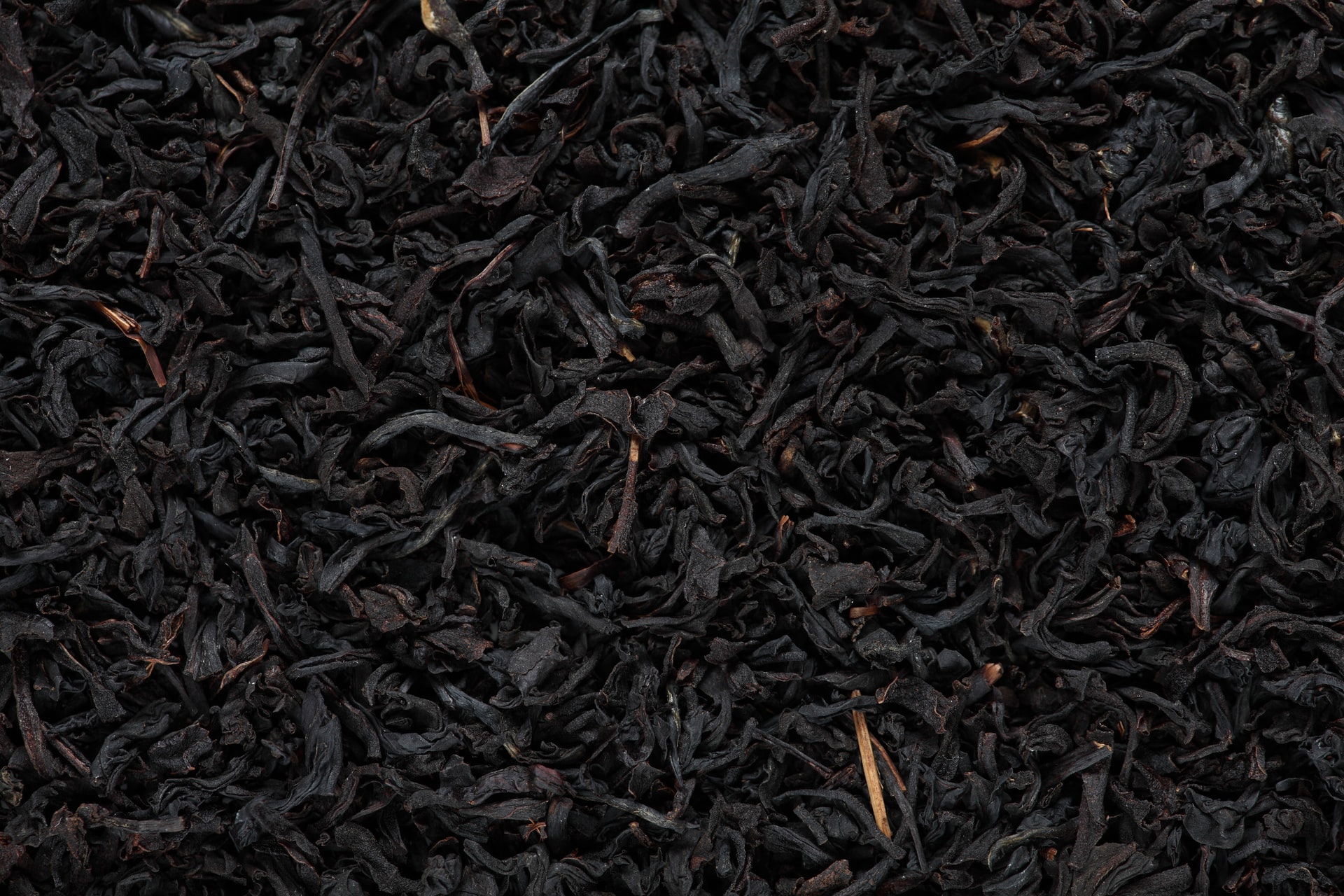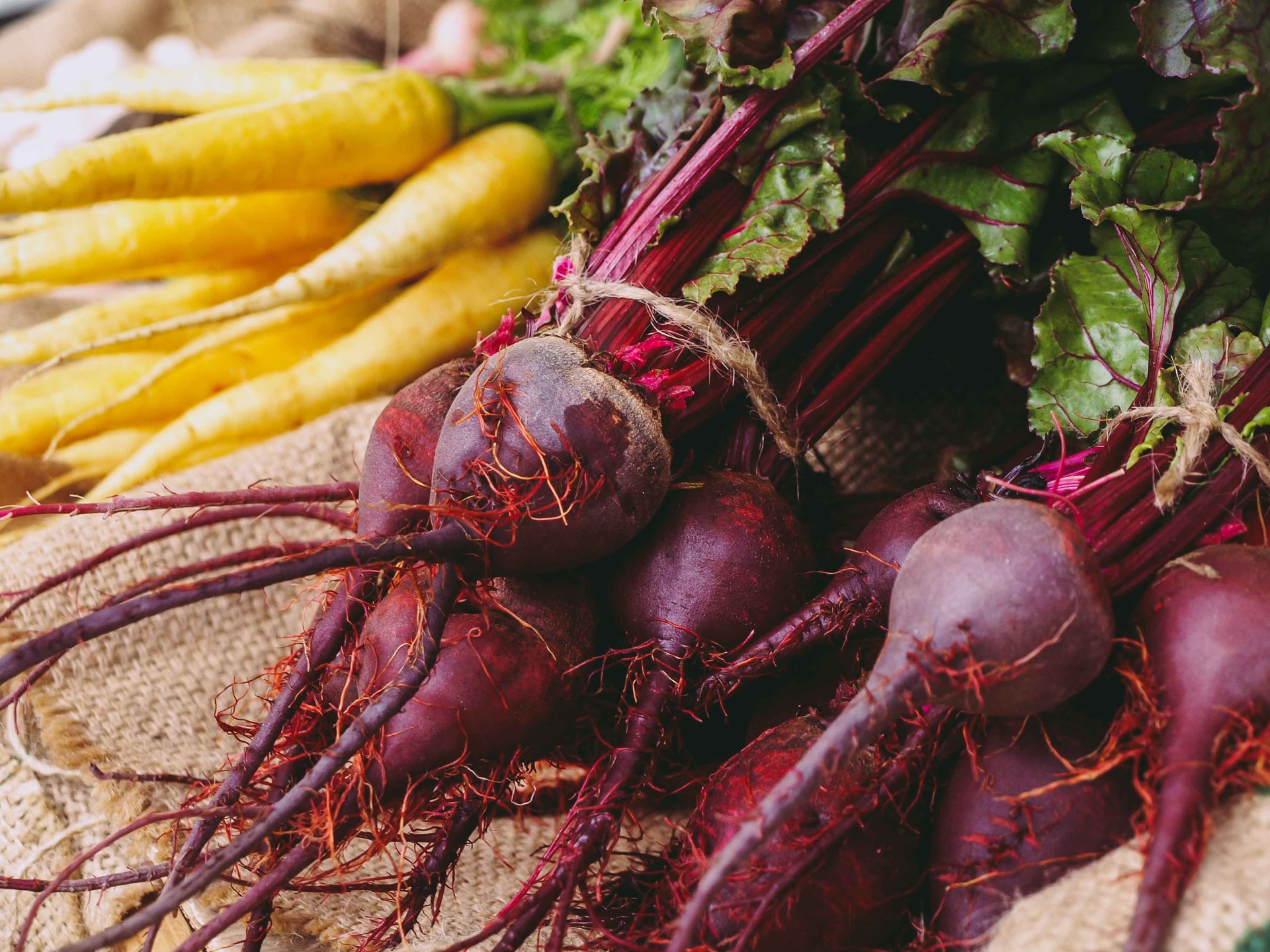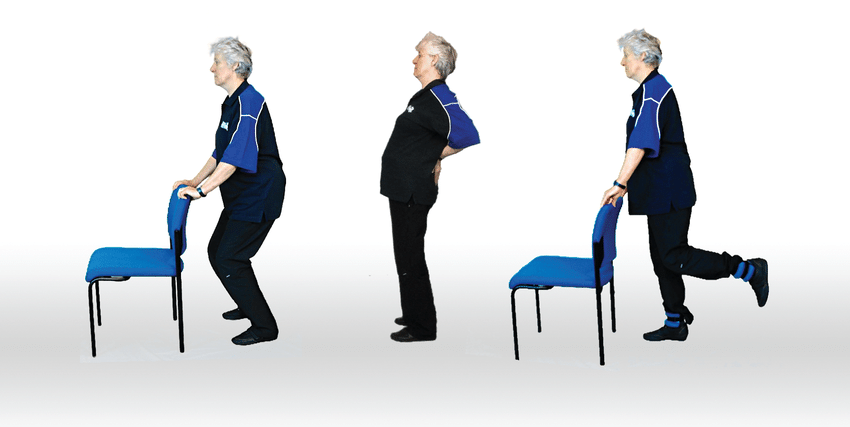The food we consume can have a positive or negative impact on our health. As we grow older, we need to change our food regimen and introduce more superfoods. So, without further ado, let’s dive into this blog and learn the importance of superfoods in older people’s diets.
1. Fatty fish

Fatty fish are known to help stimulate the immune system and slow down the degeneration of neurons thanks to their richness in omega-3 and vitamin D. These elements have a positive effect on the brain and, in particular, memory.
Fatty fish, suitable for memory, include mackerel, tuna, salmon, herring, and sardines. Eat it at least once a week, and these fish will help maintain your memory. Shellfish and crustaceans are also among the foods to be favored to reduce or prevent memory loss.
Some studies claim that eating salmon can help prevent mood disorders such as depression. The selenium present in this fish contributes to the destruction of free radicals and the conversion of thyroid hormones into their active form, which helps fight against fatigue. It is recommended to eat salmon at least twice a week, removing the skin which contains dioxins.
2. Blueberry
Blueberry has been the subject of numerous scientific studies. Indeed, it would be a source of antioxidants that would allow fighting against certain daily pathologies, such as inflammations of the mucous membranes of the mouth and throat, diarrhea, and diabetes.
According to an American study, it has between 25 and 30 different varieties of antioxidants: the highest rate for a fruit. Therefore, the daily consumption of this fruit could help reduce the risk of cancer and cardiovascular disease. It has recently been proven that blueberries also have preventive and restorative effects on memory loss and prevent Alzheimer’s disease. They improve communication between brain cells by eliminating damaged proteins in the brain.
The consumption of blueberries is recommended by many researchers, who prefer them in their wild state: they keep all their properties intact. Although some of the benefits attributed to the fruit have yet to be proven, most have been studied and confirmed. As for the eyes, it appears that bilberry plays a role in the regeneration of retinal violet, the violet pigment in the retina that allows us to see in the dark.
3. Green and black teas

As for green tea, some studies have shown that it would help reduce cholesterol levels and digestive disorders thanks to its high concentration of EGCG (catechin). Other recent research suggests that drinking green tea may help prevent skin and lung cancer. Scientists’ interest in green tea is not insignificant: its benefits have been studied for years and are being proven more and more each day.
As for black tea, it is a variety of tea with higher caffeine content. It would improve mental capacities and mood in general while providing better hydration to the body. Like green tea, it is also said to have antioxidant properties but also a high calcium content that protects bone mass. Taking 3 cups of black tea a day would help reduce the risk of heart attack by 11%. An American study has shown that rinsing the mouth with black tea would limit the appearance of cavities. Green tea is also considered to be one of the healthiest drinks in the world, after water.
4. Dark chocolate
The stearic acid present in saturated fatty acids and the iron present in chocolate would be beneficial on the cardiovascular level, as well as the magnesium it contains. A recent study has shown its benefits on the risks of atherosclerosis: dark chocolate would restore the flexibility of arteries and avoid the deposit of white blood cell plaques on arterial walls.
It would also be part of the foods that provide a feeling of good mood and help fight against stress. Although studies on the benefits of dark chocolate are still controversial, most of them recommend consuming between 7 and 20 grams a day to benefit from its effects.
5. Beet

Beet is a source of folic acid, fiber, and organic compounds. It is one of the best superfoods because of its antioxidant properties and is rich in calcium, iron, minerals, and vitamins. It is a vegetable full of nitrates which, among other things, increase sports performance.
Beets have been shown to increase white blood cells (body defenders) and red blood cells (oxygen scavengers), which help blood flow. Moreover, according to a study, beet juice helps older people fight against Alzheimer’s disease because it dilates blood vessels and lowers blood pressure. Beet is also known as a tonic, a superfood and an invigorating vegetable: its carbohydrate content (8 to 10%) is a real energy source.
Having a balanced diet is a good way to stay healthy. Sound off in the comments section below and tell us what you want to read next and if you want to read more about superfoods.








[…] the first part of this blog series, we talk about 5 superfoods that are important are suitable for older people, […]
[…] you don’t obtain enough vitamins and minerals in your everyday diet. As you get older, these supplements can help you get more minerals and vitamins in your diet and reduce your risk of health concerns […]
[…] If you have approached the parents to discuss your concerns, you have done your job as an educator. All credit to you… Sound off in the comments section below, and tell us what you want to read next and if you want to read more about talking to your parents. […]